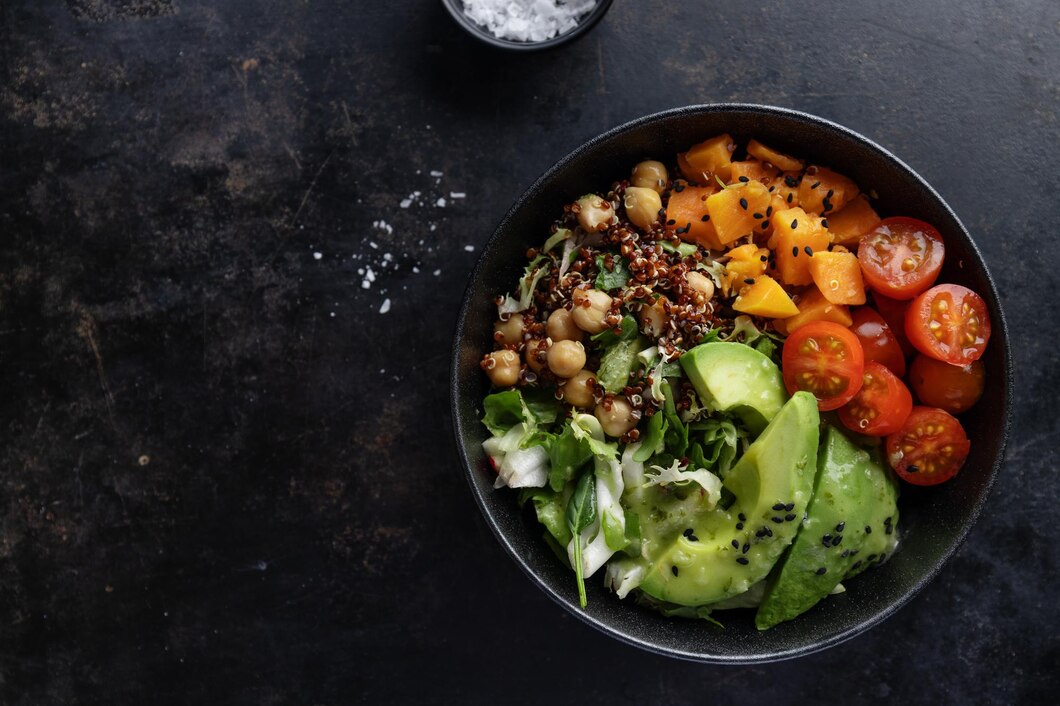Adopting a vegan lifestyle comes with a myriad of health benefits, but ensuring a well-balanced diet at every stage of life is crucial. From the unique nutritional needs during pregnancy to the considerations for seniors, here’s a guide to vegan nutrition tailored to different life stages.
1. Pregnancy and Lactation:
- Pregnant individuals need increased nutrients such as folate, iron, and calcium. Vegan sources include leafy greens, legumes, fortified cereals, and plant-based milk.
- Omega-3 fatty acids are vital for fetal brain development. Incorporate chia seeds, flaxseeds, and walnuts into the diet.
2. Infancy and Childhood:
- Breastfeeding is optimal for infants, but for formula-fed babies, there are vegan alternatives. Consult with a healthcare professional to ensure adequate nutrition.
- Introduce a variety of plant-based foods as children grow, focusing on nutrient-dense options like fruits, vegetables, whole grains, and plant-based proteins.
3. Adolescence:
- This stage involves rapid growth, requiring sufficient protein, calcium, and iron. Plant-based protein sources include tofu, legumes, quinoa, and edamame.
- Emphasize a diverse diet to meet nutritional needs and consider fortified foods or supplements for nutrients like B12 and vitamin D.
4. Adulthood:
- Maintaining a balanced vegan diet in adulthood is essential for overall health. Include a mix of whole grains, colorful vegetables, fruits, nuts, seeds, and plant-based proteins.
- Regularly check nutrient levels, especially vitamin B12, iron, and omega-3s. Supplements may be necessary to meet specific requirements.
5. Athletic Performance:
- For vegan athletes, proper nutrition is crucial for energy, muscle recovery, and overall performance.
- Ensure an adequate intake of protein, carbohydrates, and healthy fats. Consider consulting with a nutritionist to optimize your vegan athletic diet.
6. Senior Years:
- As individuals age, calcium and vitamin D become more critical for bone health. Plant-based sources include fortified plant milks and exposure to sunlight for vitamin D.
- Protein needs may increase in seniors, so incorporating legumes, tofu, and plant-based protein sources is important.
7. Cognitive Health:
- Omega-3 fatty acids, found in flaxseeds, chia seeds, and walnuts, play a role in cognitive health. Include these in the diet for brain function support.
- Antioxidant-rich fruits and vegetables contribute to overall brain health and may help reduce the risk of age-related cognitive decline.
8. Digestive Health:
- Focus on fiber-rich foods like whole grains, vegetables, and legumes to support digestive health.
- Stay hydrated and consider probiotic-rich foods like fermented plant-based yogurts for gut health.
Maintaining a vegan lifestyle throughout different life stages requires thoughtful consideration of nutritional needs. By embracing a diverse and well-rounded plant-based diet and, when necessary, incorporating supplements, individuals can thrive at every age. Consulting with healthcare professionals and registered dietitians ensures personalized guidance for optimal vegan nutrition during various life stages.








